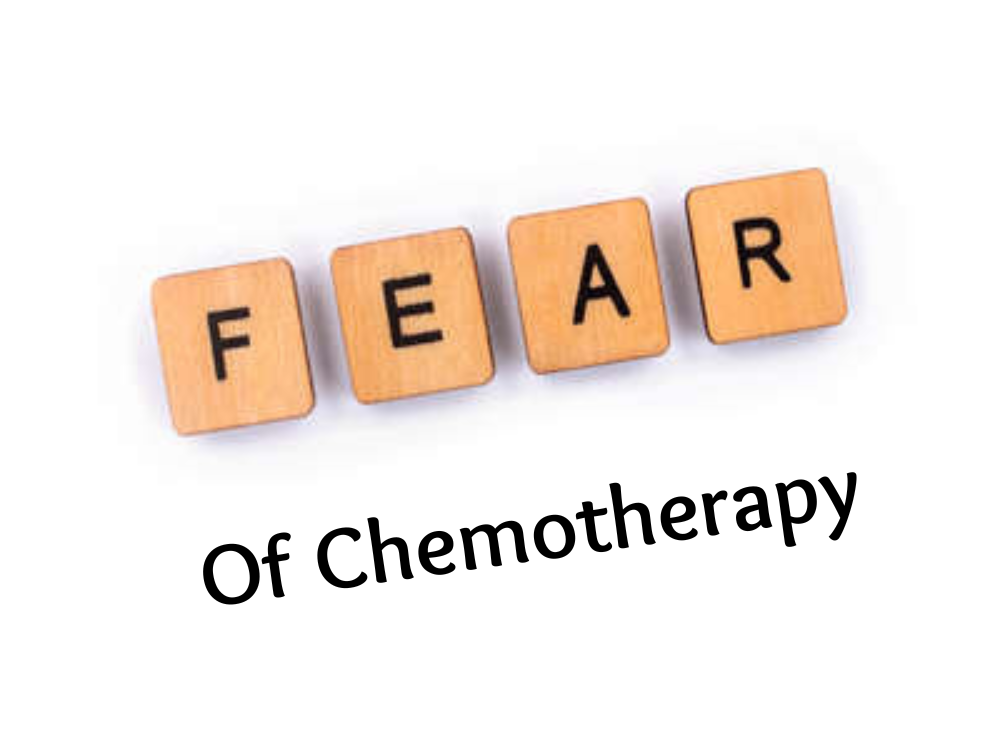
A person is called obese when they have too much body fat as compared to and in relation to body tissues. Obesity has become a serious problem with the changing lifestyle and consumption of people all over the world. Reasons are not necessarily limited to diet and amount of exercise as they could be genetic, hormonal, emotional, and cultural. Obesity comes with a risk of many diseases, one of them being breast cancer.
How are Obesity and Breast Cancer linked?
Obesity increases the risk of Breast Cancer in women who are in their post-menopausal period. Obese women have a comparatively higher level of estrogen development in their bodies, even after menopause, because the hormone can be made through fatty tissues. Other hormones like insulin can also rise in levels in overweight people. Changes like these can develop and progress some kinds of breast cancer. Besides this, women who have had breast cancer face a higher recurrence risk if they are obese.
How to know you are Obese?
Body Mass Index (BMI), which is the ratio of your weight to your height, can be used to measure a person’s obesity. A BMI between 25 and 30 is considered overweight while a BMI higher than that is obese.
Maintaining a healthy lifestyle and body mass index is crucial, even after breast cancer treatment (such as surgery, chemotherapy, etc.) Do consult your doctor about the various exercises one can perform post-surgery.
Tips and Suggestions to avoid and/or control obesity
● Consume nutritious calories
Eating less can never help the case if you want to lead a healthy life. Replacing major portions of your daily diet with nutritious food that also keeps your stomach full is extremely important. Rather than having fried or sugary snack breaks, have some salads, sprouts, juices, and soups
● Eat more but in smaller portions
As mentioned in the above point, while you must keep the calorie intake the same, it is recommended to have frequent meals in smaller portions. This helps with better digestion and faster metabolism which further helps in burning calories
● Alcohol Consumption to be avoided
Alcohol, while having no nutritional value, can also increase your weight. Besides that, it is of an addictive nature which will only make you consume more of it. And alcohol is generally consumed with fried foods which, again, are bad for health.
● Increase physical activity
While you don’t need an intense exercise routine to stay healthy, it is necessary to include at least a 30 to 60 minutes long exercise which can range from moderate to vigorous. According to your body type and what seems fun to you, add different kinds of physical activities like swimming, yoga, dancing, or simply walking in the park to your daily routine.
Some medications and surgeries have also proven to be helpful in the case of extreme, unavoidable, and genetic obesity. But it is only recommended when nothing else has turned out to be helpful.
Editor: Akriti Gupta and Vidushi Agnihotri




